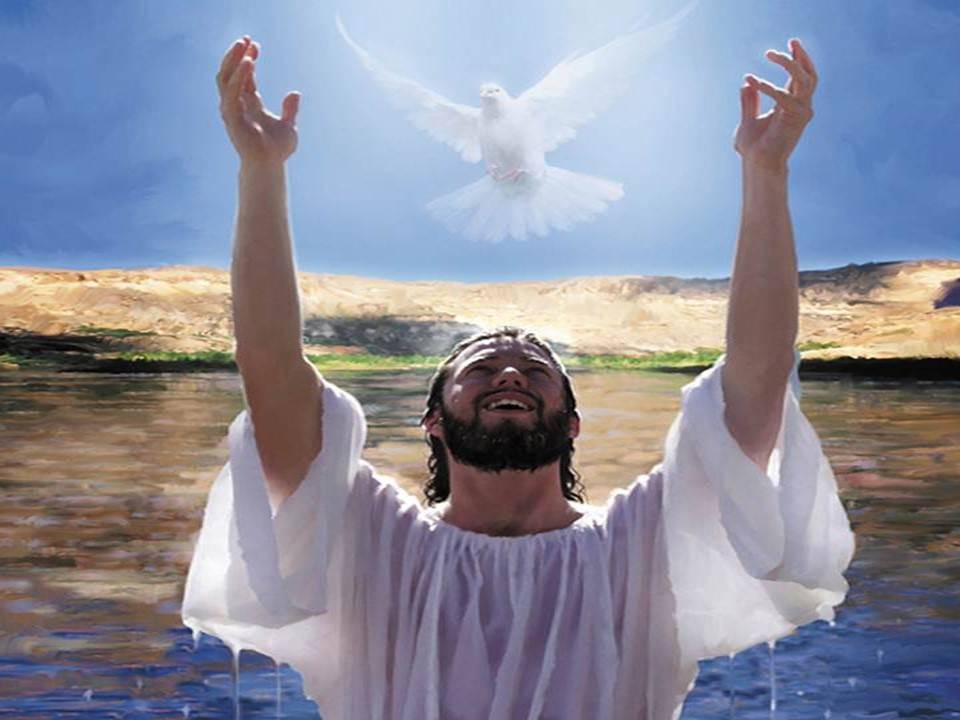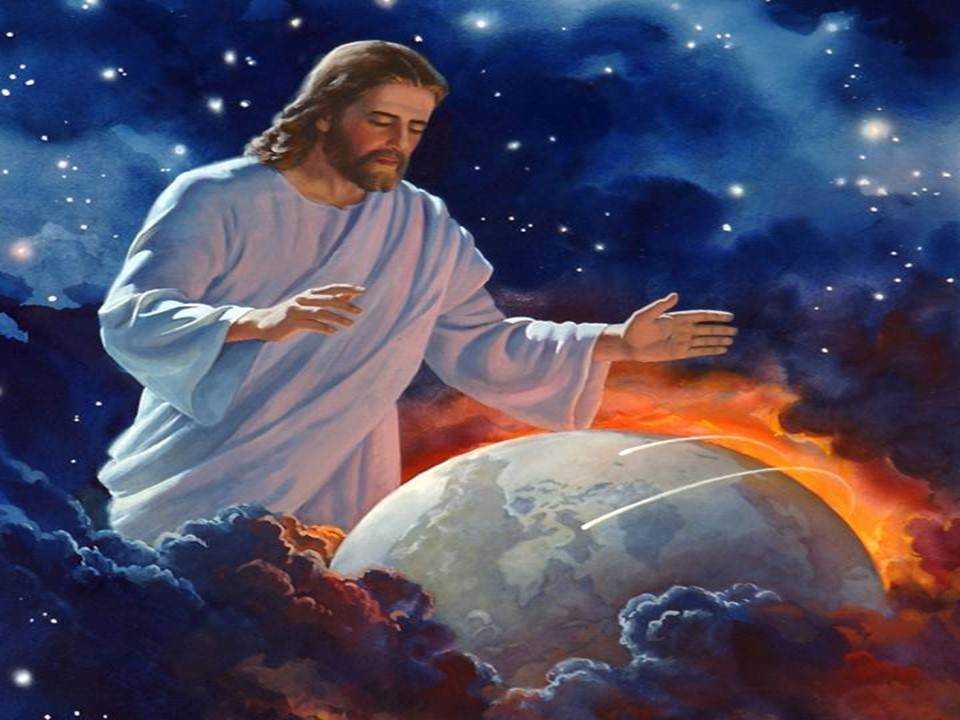
Melchizedek and the Son of God

Samuel Smith
23 Jan'19
5
LESSON 9
MELCHIZEDEK AND THE SON OF GOD: AN EXPOSITION ON PAUL'S WORDS IN HEBREWS 7:1-3
You are welcome to another edition of Insights from God's Word, a Bible study programme that is committed to sharing God's Word by allowing the Bible to speak for itself.In this edition, we continue with our series on The Godhead. The topic for this study is: Melchizedek and the Son of God: An exposition on Paul's words in
1) MELCHIZEDEK BLESSES ABRAM
There are three areas in Scripture where we come across Melchizedek. The first place we encounter this figure is in the book of Genesis. Here, Melchizedek meets Abram after his slaughter of the kings. We read the account in14:19 And he blessed him, and said, Blessed be Abram of the most high God, possessor of heaven and earth.
14:20 And blessed be the most high God, which hath delivered thine enemies into thy hand. And he gave him tithes of all."
(
a) He is the King of Salem. Salem is the ancient name of the city of Jerusalem (see
b) He is the priest of the Most High God.
c) In his office as priest, he pronounces blessings upon Abraham. Abraham in return gives him tithes of all.
Key Fact: This passage helps us to realise that Melchizedek was a real historical figure who lived during the time of Abraham.
2) THE PROPHECY OF THE MESSIAH'S ETERNAL PRIESTHOOD
The second place where we encounter Melchizedek in Scripture is in the book of Psalms. We read the account from110:2 The LORD shall send the rod of thy strength out of Zion: rule thou in the midst of thine enemies.
110:3 Thy people shall be willing in the day of thy power, in the beauties of holiness from the womb of the morning: thou hast the dew of thy youth.
110:4 The LORD hath sworn, and will not repent, Thou art a priest for ever after the order of Melchizedek."
(
3) MELCHIZEDEK: MADE LIKE UNTO THE SON OF GOD
The last place we encounter Melchizedek in Scripture is in the book of Hebrews. In7:1 For this Melchisedec, king of Salem, priest of the most high God, who met Abraham returning from the slaughter of the kings, and blessed him;
Key Explanation: In this verse, Abraham clearly identifies Melchizedek as a man who serves as priest of the Most High God. Besides his priestly work, he is also the king of Salem, which is actually the ancient name of the city of Jerusalem (review
7:2 To whom also Abraham gave a tenth part of all; first being by interpretation King of righteousness, and after that also King of Salem, which is, King of peace;
Key Explanation: The verse makes it clear that Abraham gave tithes of all he had to Melchizedek. This action by the patriarch shows that he might have known the King of Salem as the priest of the Most High God. For Abraham gave the tithes to Melchizedek not of compulsion but out of his own free will.
7:3 Without father, without mother, without descent, having neither beginning of days, nor end of life; but made like unto the Son of God; abideth a priest continually.
Key Explanation: The expressions outlined in this verse may seem to suggest that Melchizedek is not a normal human being. But if we compare the phrases in the verse with the usual language which was used by the Hebrews in biblical times, we see that the verse is consistent with the earlier verses in relation to the nature of Melchizedek as a man. For instance, the terms without father or mother, and without descent, were common expressions that were used by the Hebrews to describe orphans, illegitimate children or persons whose genealogical records could not be traced.
It is interesting to note that while describing Melchizedek, the author of Genesis left out all key genealogical records. No mention is made of his mother or father or line of genealogy. It is in this respect that the apostle Paul described the King of Salem as without father, mother or descent. Moreover, the phrase "having neither beginning of days, nor end of life" does not suggest that Melchizedek was divine. The phrase only comes to support the absence of his data in Scripture, in this case relating to the time of his birth and death. It is the absence of these key genealogical information about Melchizedek in Scripture which was utilised by the apostle Paul to liken him unto the Son of God, who actually is eternal in nature (review
In the remaining verses of
4) From the scriptural passages we have reviewed so far, it is clear that Melchizedek was not Christ but a holy man who served as priest of the Most High God. In respect to the absence of his genealogical records in Scripture, this man was made like unto the Son of God, who actually has "NEITHER BEGINNING OF DAYS, NOR END OF LIFE" (
Beloved, the Scripture is clear. Christ has "neither beginning of days, nor end of life" (
Exhortation: From the pen of inspiration, we read the following in relation to the story of Melchizedek:
i) "It was Christ that spoke through Melchizedek, the priest of the most high God. Melchizedek was not Christ, but he was the voice of God in the world, the representative of the Father. And all through the generations of the past, Christ has spoken; Christ has led his people, and has been the light of the world. When God chose Abraham as a representative of his truth, he took him out of his country, and away from his kindred, and set him apart." - RH, February 18, 1890 par. 10.
ii) "Many persons will meet all inferior demands and dues, and leave to God only the last gleanings, if there be any. If not, his cause must wait till a more convenient season. Such was not the course pursued by Abraham. Upon his return from a successful military expedition, he was met by Melchizedek, "king of Salem, and priest of the most high God." This holy man blessed Abraham, in the name of the Lord, and the patriarch gave him tithes of all the spoils as a tribute of gratitude to the Ruler of nations." - RH, May 16, 1882 par. 24.
Selected References:
1. Hebrews 7:3 by Ángel Manuel Rodríguez
2. Was Melchizedek the Holy Spirit? by Demario Carter
In our next study, we will consider the topic: Who is Michael the Archangel? The Bible Study references for this study are
Stay blessed and keep shining for King Jesus.
Maranatha!
Powered by White Throne Ministries














